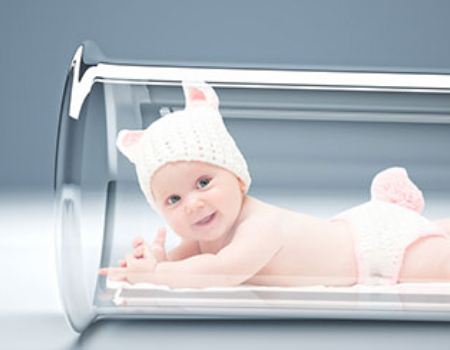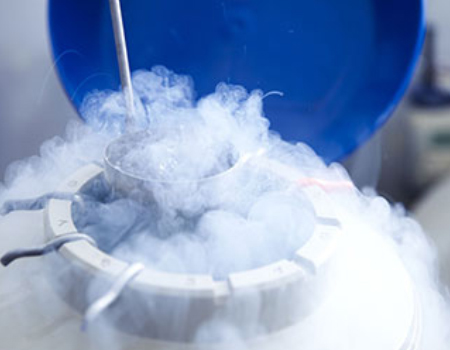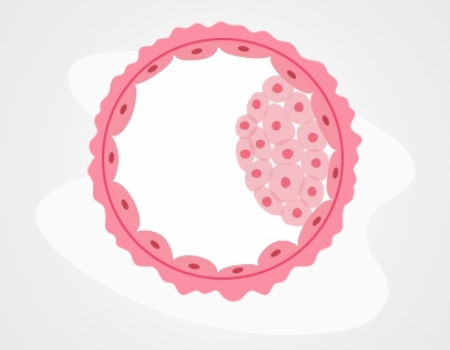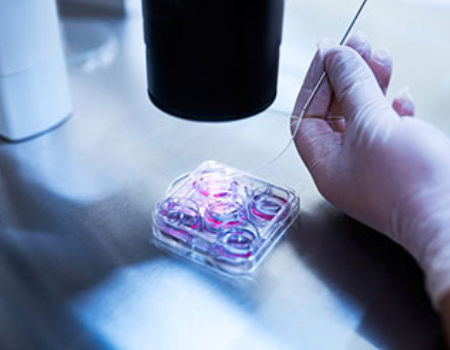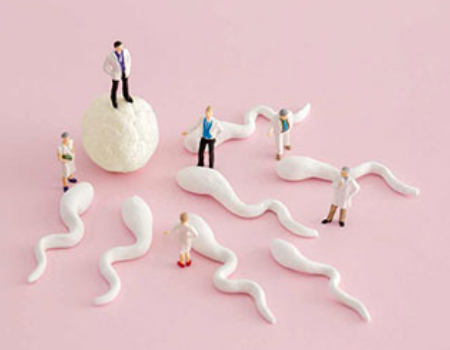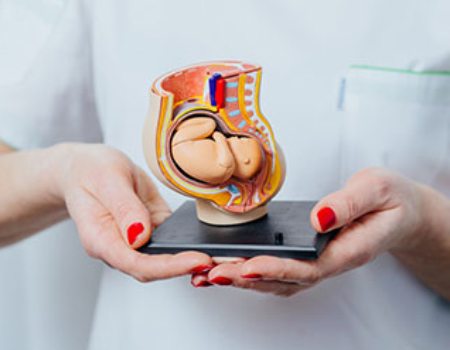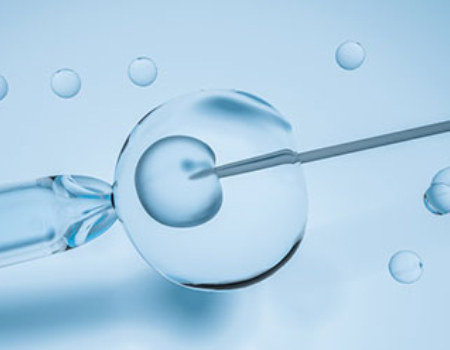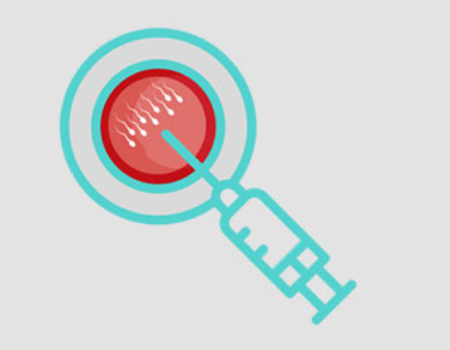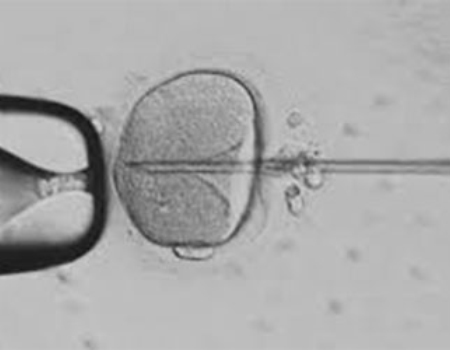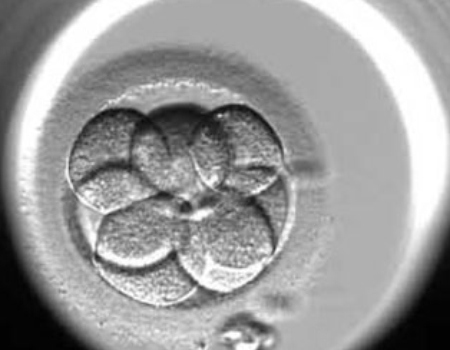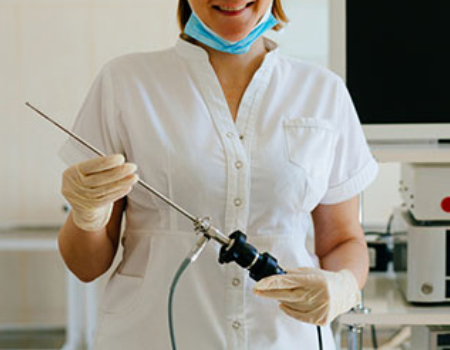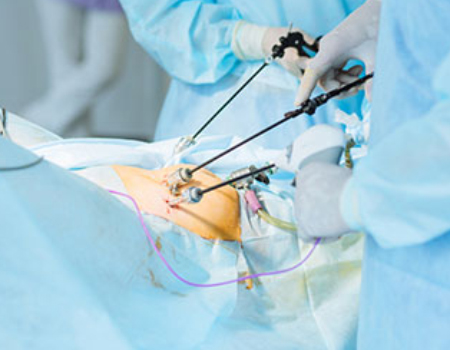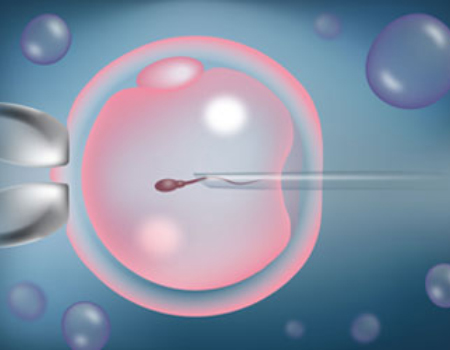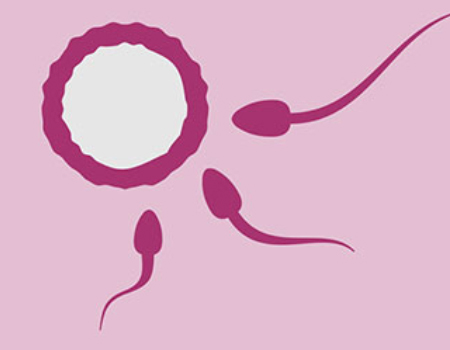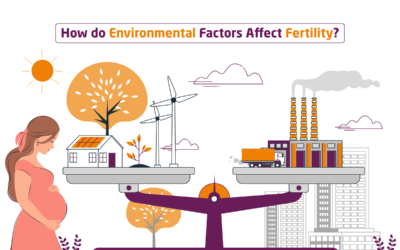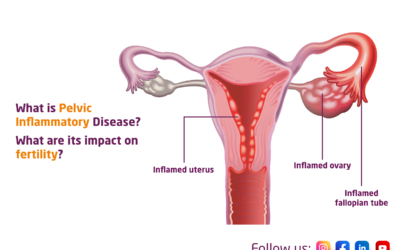Our Treatment
OUR BLOG
How do Environmental Factors Affect Fertility?
The environment in which we live has a significant impact on our health, including our fertility. A growing body of research has shown that exposure to certain environmental factors can have adverse effects on reproductive health. In this blog post, we will explore...
What is Pelvic Inflammatory Disease? What are its impact on fertility?
What is Pelvic Inflammatory Disease? What are its impact on fertility? Pelvic inflammatory disease (PID) is a severe infection that affects the reproductive organs of women. PID is caused by bacteria that enter the reproductive tract through the cervix and can cause...
What is an AMH test?
What is an AMH Test? The Anti-Mullerian Hormone (AMH) test is a blood test used to assess ovarian reserve in females. This test is especially useful for women who are planning to conceive and want to know about their fertility status. The test measures the level of...
IVF & FERTILITY SUCCESS STORIES
REQUEST A CALL
Many desktop publishing packages and web page editors now use Lorem Ipsum as their default model text, and a search for ‘lorem ipsum’ will uncover many web sites still in their infancy.
FAQ
Single Question
What is IVF ?
In Vitro (‘in glass’) Fertilization refers to a medical process of assisted reproductive technology used in the treatments of infertility and/or gestational surrogacy. In this process, an egg from a woman’s ovaries is retrieved and fertilized by sperm outside her body, in a lab. The fertilized egg is then implanted into the woman’s uterus to achieve pregnancy. This cycle of IVF usually takes up to 3 weeks.
What are the causes of female infertility?
Age, Endometriosis, Hormonal issues leading to ovulation problems, Tubal blockage, Fibroids and
Lifestyle factors: Being overweight, smoking, drinking alcohol, unhealthy diet, Unexplained infertility.

